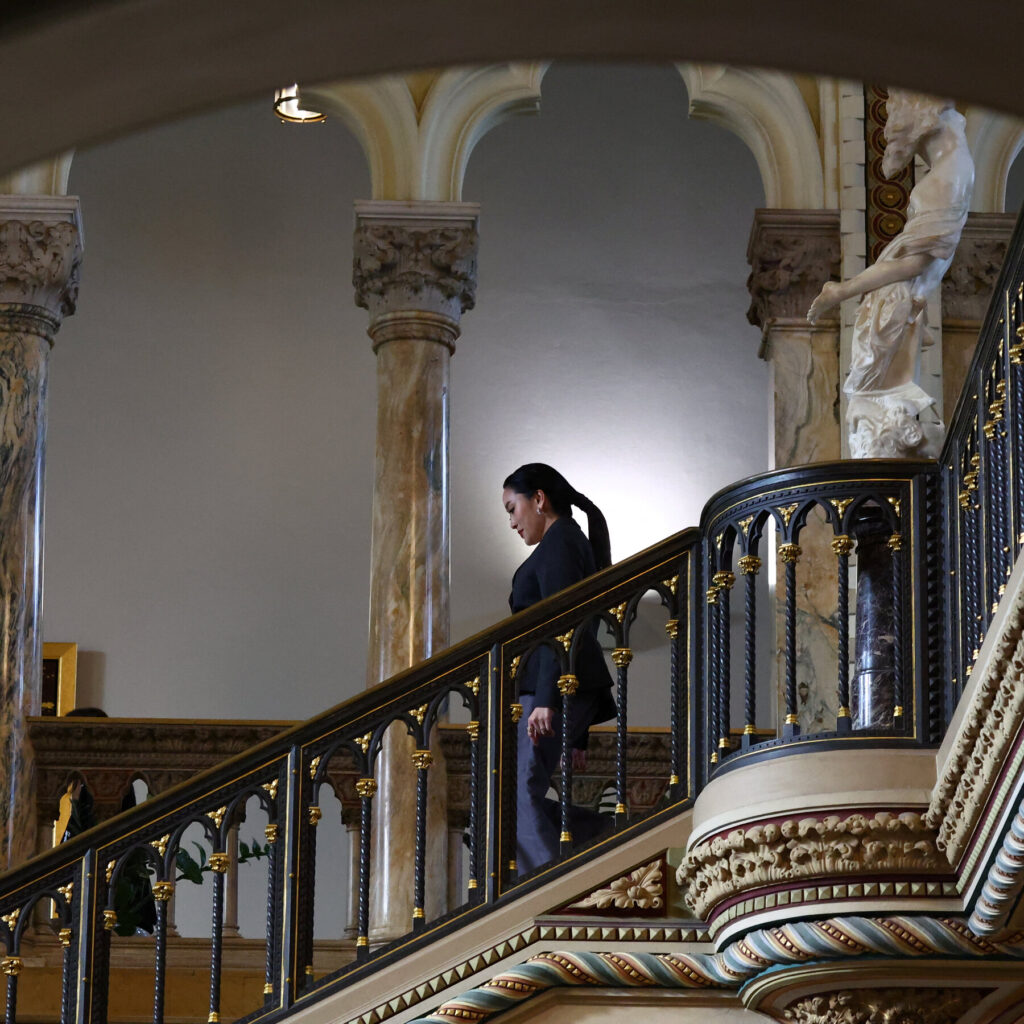
The political landscape in Thailand has shifted dramatically following the dismissal of Prime Minister Pita Limjaroenrat in August 2023. Analysts suggest that this decision is rooted in a fraught alliance between Thaksin Shinawatra, a former prime minister, and Thailand’s political establishment, which ultimately facilitated Pita’s rise to power.
The Thai Parliament voted to remove Pita Limjaroenrat from office, citing his failure to secure sufficient support for his government. This dismissal marks a significant turn of events for the Move Forward Party, which gained prominence in the recent elections. Pita, who had hoped to steer the country towards progressive reforms, is now facing an uncertain political future.
Thaksin Shinawatra, who has been a polarizing figure in Thai politics, played a crucial role in this political drama. His past leadership and ongoing influence were pivotal in brokering deals that allowed his daughter, Pita’s predecessor, to assume the role of prime minister. While Thaksin’s support initially seemed beneficial, the alliance ultimately proved to be unstable, leading to Pita’s ousting.
The Fallout from the Dismissal
Following Pita’s removal, reactions have poured in from various political factions and the public. Many supporters of the Move Forward Party view this development as a setback for progressive politics in Thailand. They argue that Pita’s government represented a shift towards more inclusive policies and a departure from traditional power structures.
On the other hand, those aligned with the establishment argue that Pita’s governance was ineffective and lacked the necessary support to mandate a stable government. This sentiment was echoed in the parliamentary discussions leading to his dismissal, where members cited concerns over his leadership capabilities and policy proposals.
The ramifications of Pita’s removal extend beyond the immediate political landscape. The situation raises questions about the future of democracy in Thailand and whether the political establishment can maintain control amid growing public dissatisfaction.
The Broader Political Context
Thaksin Shinawatra’s influence on Thai politics cannot be overstated. After serving as prime minister from 2001 until his ousting in 2006, he became a symbol of both populism and controversy. His recent dealings to support his daughter’s political ascent illustrate his ongoing relevance in Thailand’s complex political arena.
The current political crisis highlights the delicate balance of power within Thailand’s government. As political alliances shift, the stability of the government will be tested. Observers suggest that the future of the Move Forward Party and its ability to navigate this tumultuous environment will depend on their capacity to rally public support and redefine their political strategy in the wake of Pita’s dismissal.
Thaksin’s grand bargain with the establishment, initially perceived as a pathway to power for his family, has now unraveled, leaving a challenging landscape for those who aim to lead Thailand towards a new political era. The next steps will be crucial in determining whether Thailand can forge a path to stability or will continue to grapple with its political divisions.







